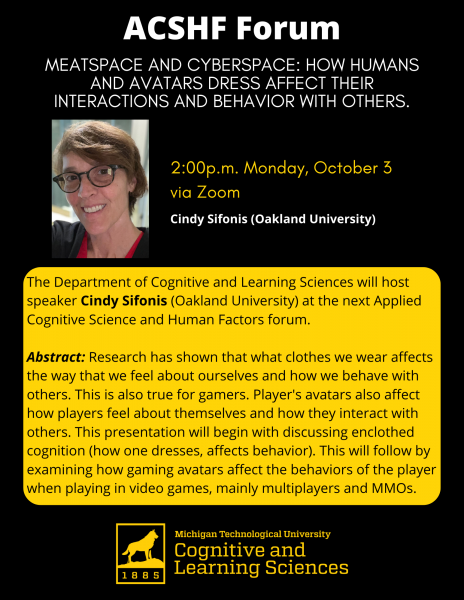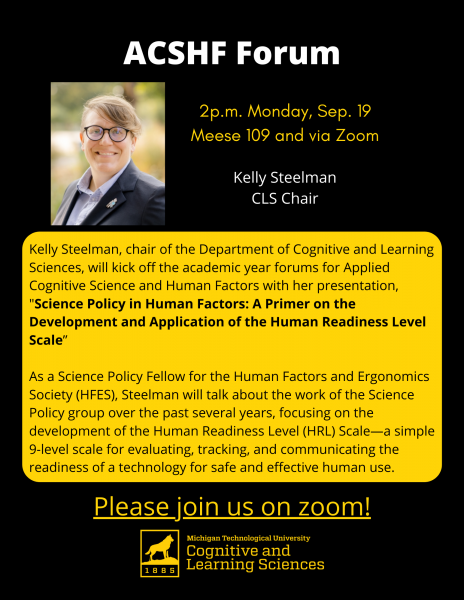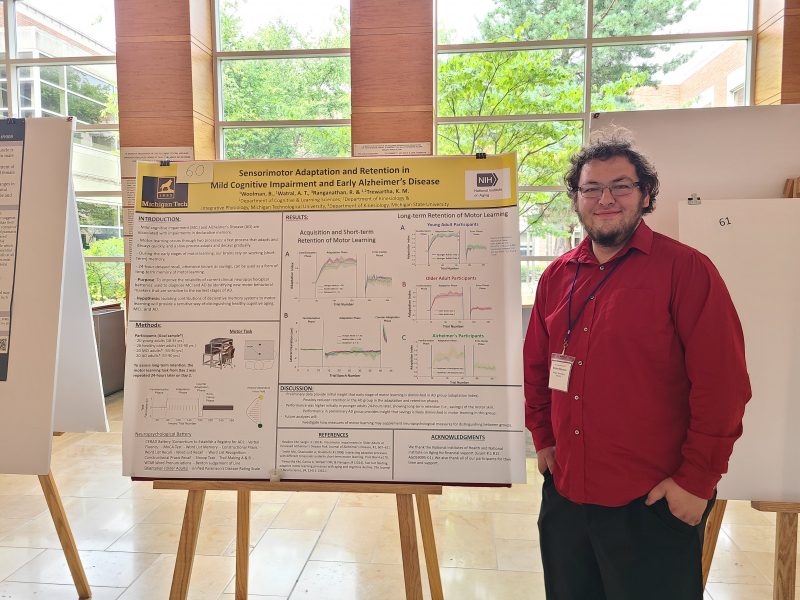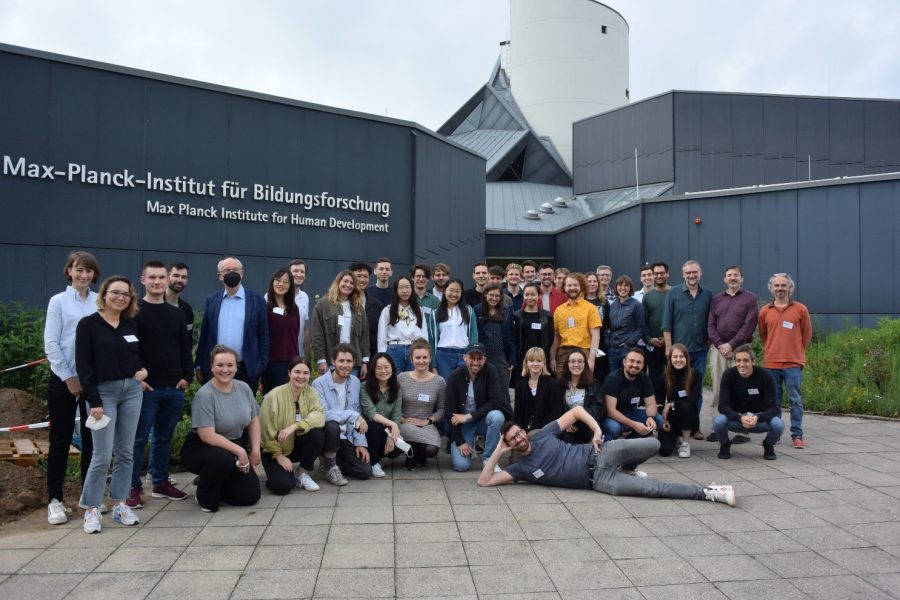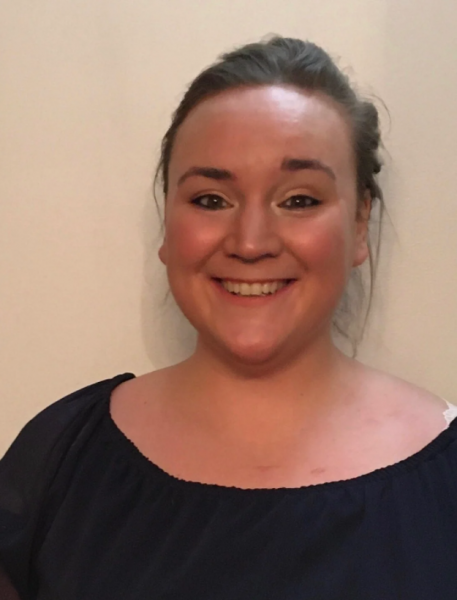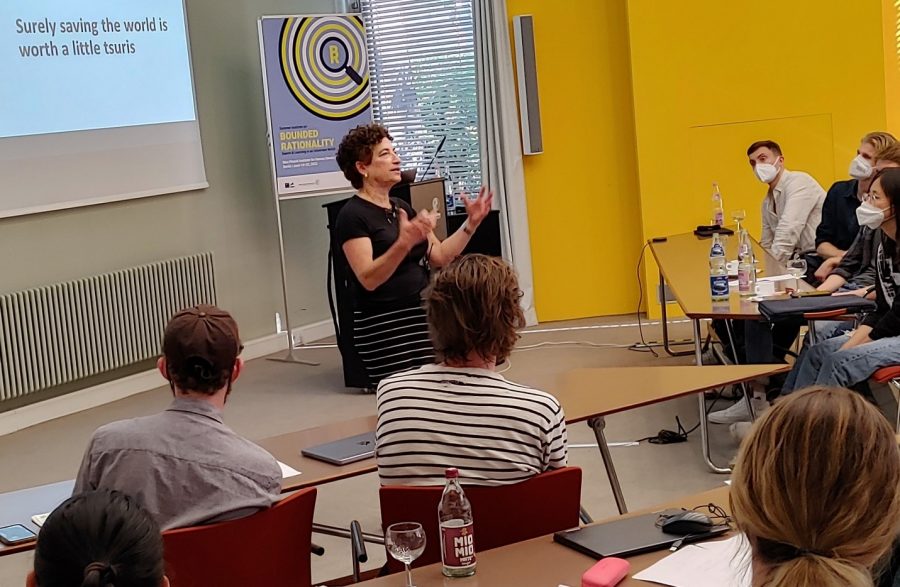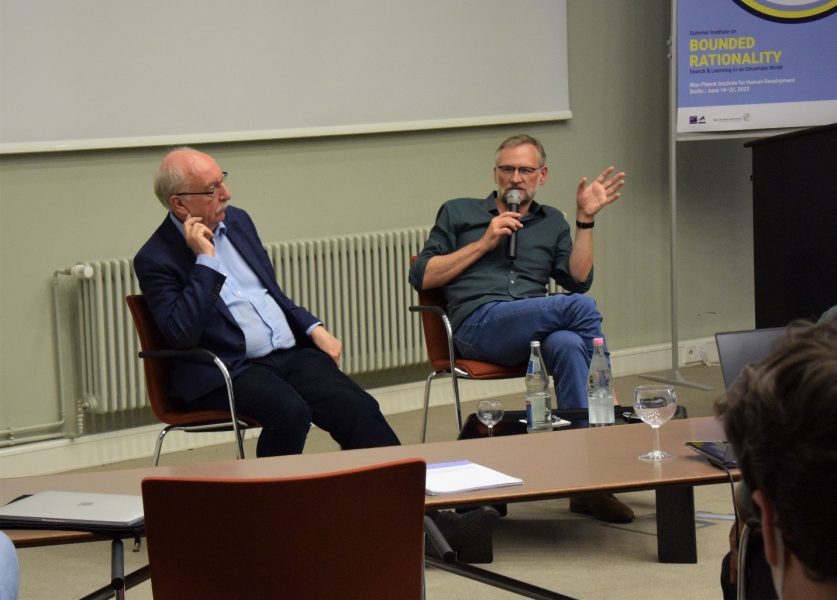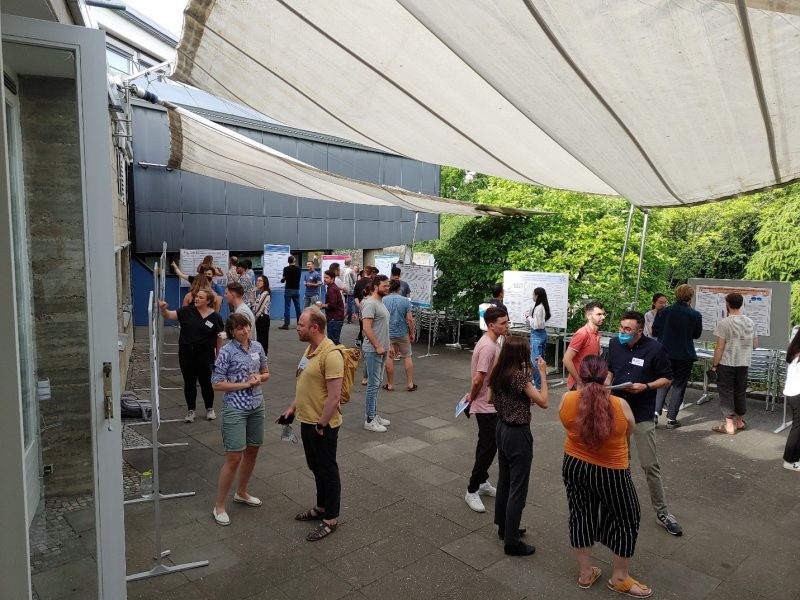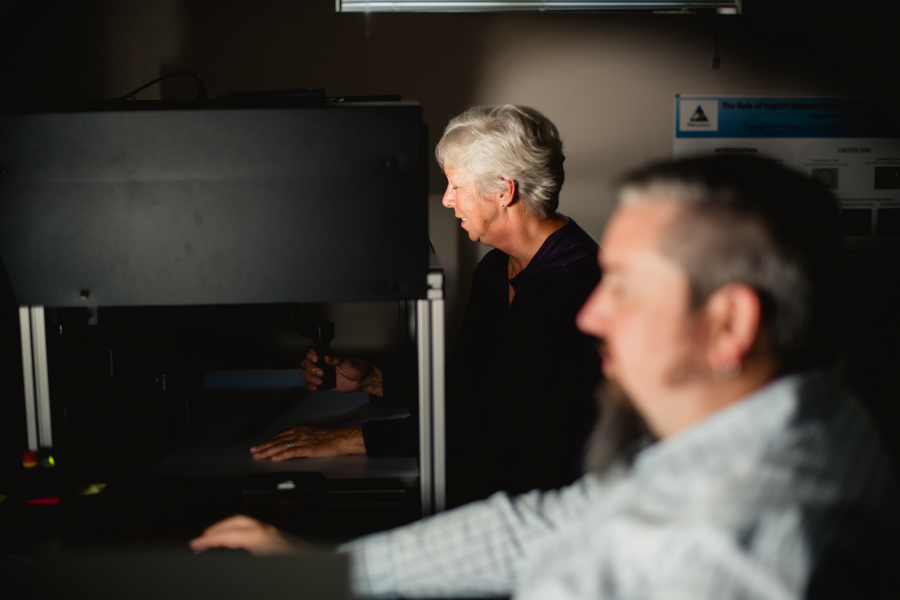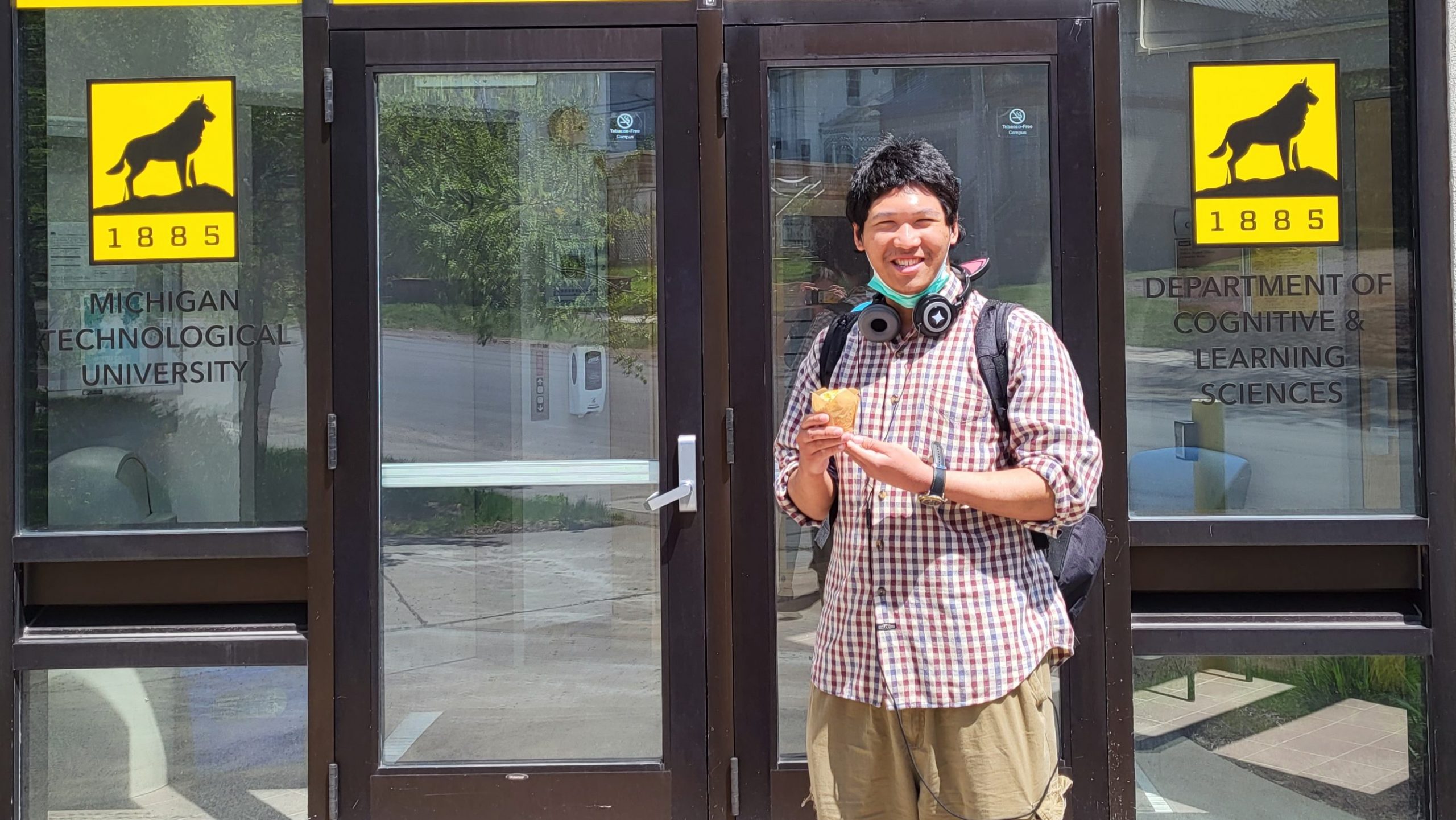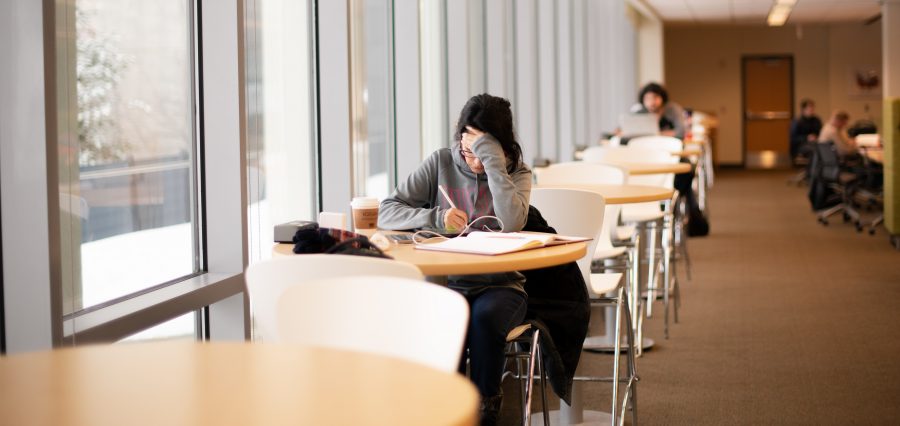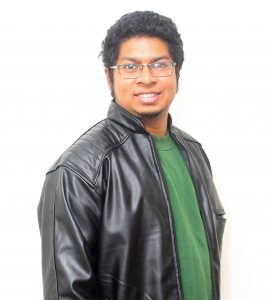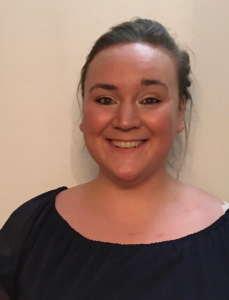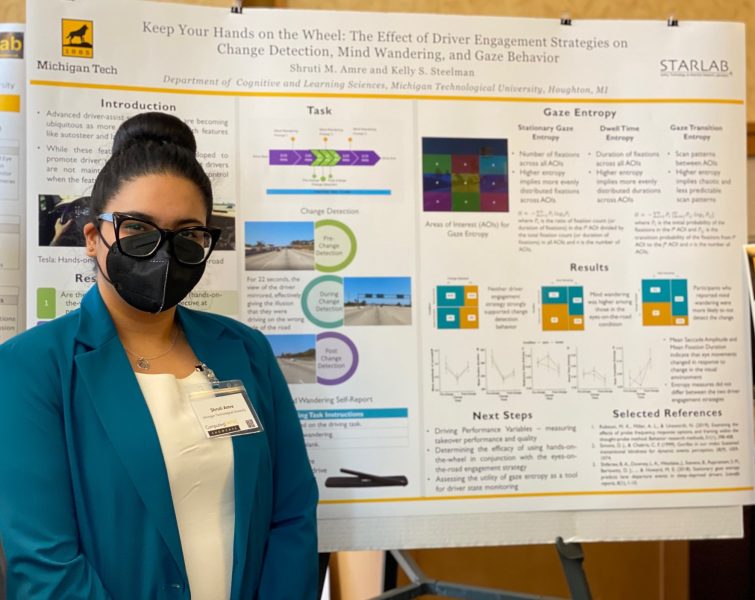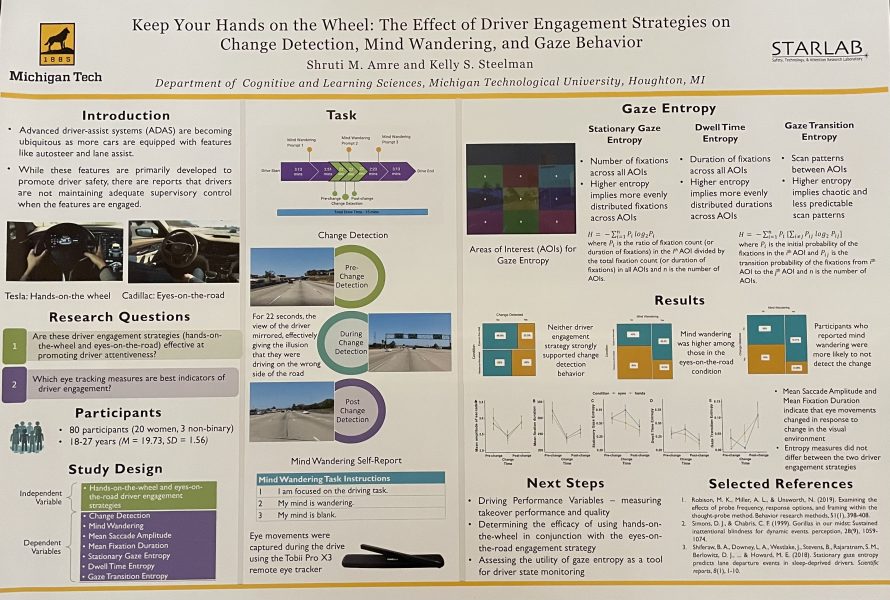The Department of Cognitive and Learning Sciences will host speaker Cindy Sifonis (Oakland University) at the next Applied Cognitive Science and Human Factors forum. The presentation, “Meatspace and Cyberspace: How humans and avatars dress affect their interactions and behavior with others.”, will be from 2:00 to 3:00 p.m. Monday (October 3) via Zoom.
Abstract: Research has shown that what clothes we wear affects the way that we feel about ourselves and how we behave with others. This is also true for gamers. Player’s avatars also affect how players feel about themselves and how they interact with others. This presentation will begin with discussing enclothed cognition (how one dresses, affects behavior). This will follow by examining how gaming avatars affect the behaviors of the player when playing in video games, mainly multiplayers and MMOs.
